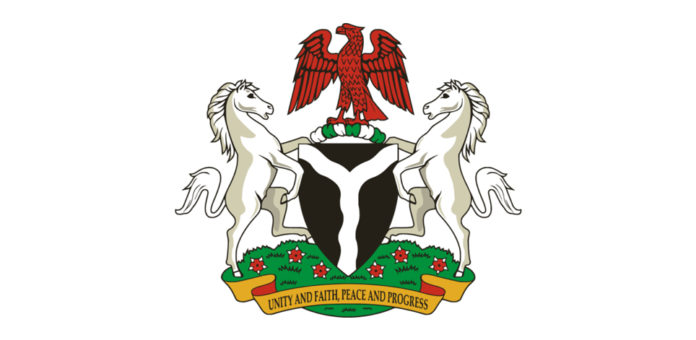The Federal Ministry of Education has reaffirmed its commitment to nurturing a skilled, disciplined, and innovative generation of learners by strengthening Technical and Vocational Education and Training (TVET), enhancing classroom delivery, and promoting effective student discipline across Nigeria’s secondary schools. This renewed focus formed the core of discussions at the Southwest Principals’ Conference in Lagos, where senior education leaders outlined strategies to align schools with national development priorities.
Representing the Executive Secretary of the National Board for Technical Education (NBTE), Prof. Idris Bugaje, Dr. Aroge Ayodele, Director of the NBTE South West Zonal Office, restated that the New TVET Initiative is designed to close Nigeria’s widening skills gap and modernise technical training. He noted that only 134 technical colleges currently exist out of more than 15,000 secondary schools, underscoring the urgency of comprehensive reform. The programme prioritises 25 trade areas—including automotive technology, welding, solar installation, digital media, and hospitality—while providing free tuition, monthly stipends, and start-up support for unemployed youth, junior secondary school graduates, and informal-sector artisans seeking certification. Although challenges such as inadequate facilities, instructor shortages, and funding gaps persist, he emphasised the need for a dedicated National TVET Fund to ensure long-term sustainability.
Speaking on innovation in teaching, Prof. Yomi Akindele-Oscar of Olabisi Onabanjo University urged schools to adopt modern pedagogical practices in his presentation titled “Innovative Teaching Methods: Cultivating a Growth Mindset in Students and Staff.” He encouraged the use of inquiry-based learning, collaborative activities, project-based instruction, and technology-enabled teaching to strengthen learners’ confidence, creativity, and resilience. He added that fostering a growth mindset requires teachers and school leaders to model positive behaviour, offer constructive feedback, and create emotionally safe classrooms where students feel confident taking academic risks. He recommended continuous professional development and supportive leadership as essential to successful implementation.
Addressing student behaviour and the evolving school environment, Elder (Mrs.) P. I. Efobi, Director, Principal, and Head of Top Form Education Associates Ltd., Enugu, examined the growing challenges of student discipline in Nigerian schools. She explained that discipline remains fundamental to effective school administration and is deeply rooted in the educator’s role in shaping students’ moral and character development. While disciplined learners often show improved focus, stronger relationships, and better academic outcomes, she observed that modern societal pressures have introduced complex behavioural issues in Federal Unity Colleges and other secondary schools nationwide. Elder Efobi called for a blended disciplinary model that combines traditional corrective measures with supportive approaches tailored to address serious antisocial behaviours, thereby enhancing student personal development and ensuring safer learning environments.
The Federal Ministry of Education assures all stakeholders of its unwavering commitment to strengthening TVET, promoting teaching excellence, and supporting schools in managing student behaviour responsibly. The Ministry welcomes constructive contributions from local and international partners and reaffirms its determination to build an inclusive, innovative, and skills-driven education system that supports Nigeria’s national development goals.
Signed
Folasade Boriowo
Director, Press and Public Relations






